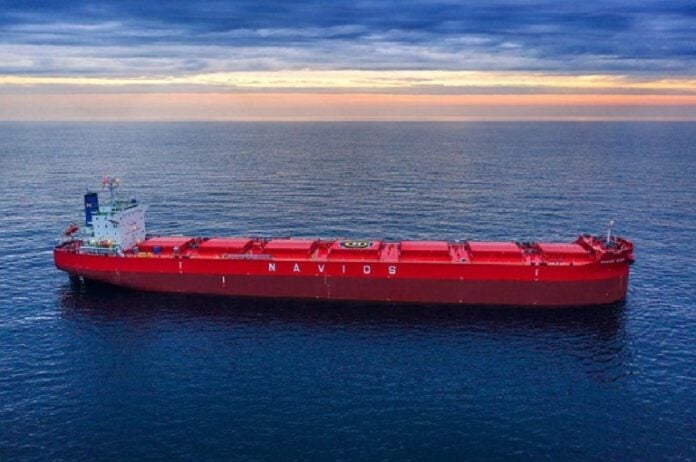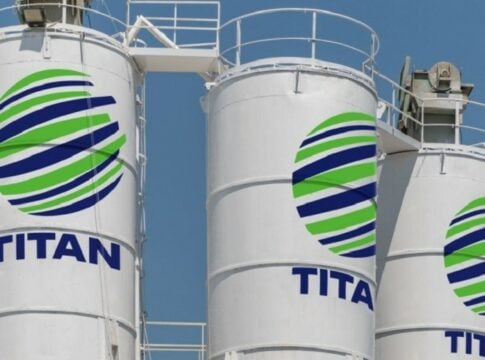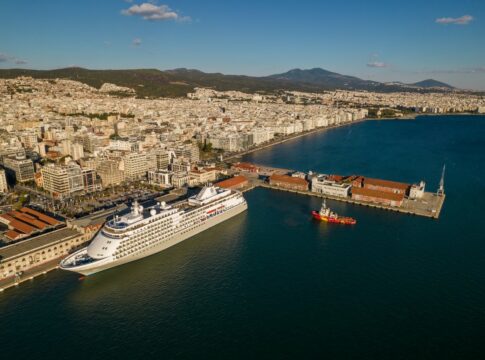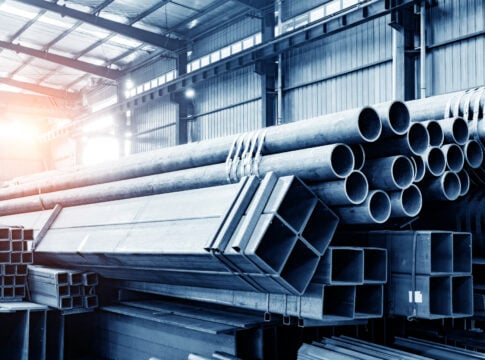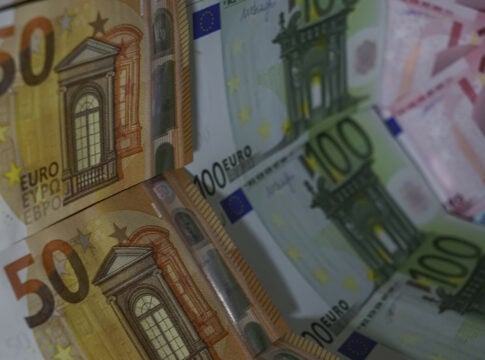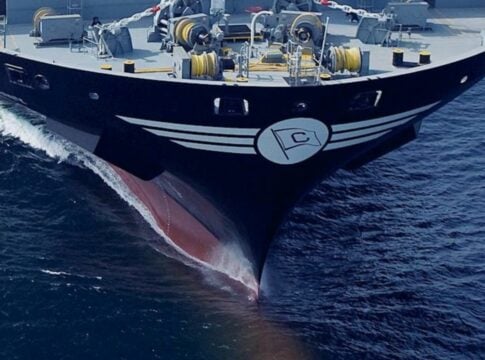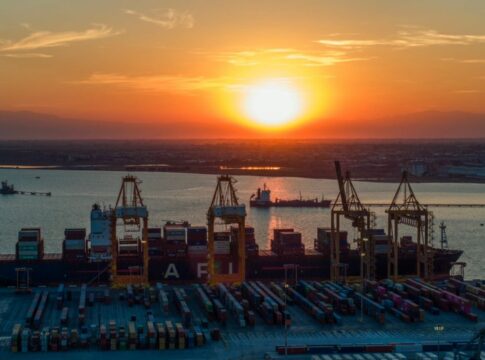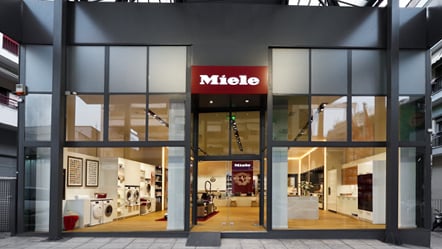Navios Maritime Partners’ share price has risen at a nine-year high. The Wall Street-listed shipping company, owned by Angeliki Fragou, which, through mergers of its companies, created one of the largest fleets of a company listed on the US stock markets, sees its acts “paying off”.
Last Friday, Navios stock closed at 57.1 dollars, reaching the peak levels it achieved in November 2015. At a five-year level, the share has soared by 218%, while just over the past 12 months it has gained 104%.
The size of the fleet, consisting of tankers, bulkers and containerships, large investments in new vessels and sales of older vessels and high charters have resulted in large shareholder reward programs.
Fragou underlined that “we continue to invest, buying assets at attractive prices. With a significant improvement in net loan to value (LTV), starting at the end of 2023, we are also repurchasing shares under our common stock repurchase program of 100 million dollars. Until August 12, 2024, we repurchased 197,148 shares for approximately 9.7 million dollars. If added to dividends, we have returned a total of approximately 12.8 million dollars to our shareholders through 2024. Approximately 90 million dollars remains available under the program.”
Navios Partners’ fleet consists of 74 dry bulk carriers, 48 container ships and 56 tankers, including 20 new tankers (14 Aframax/LR2 tankers and six MR2 product tankers, chartered on bareboat contracts), which are expected to be delivered by the first half of 2028, and seven new container ships (three 5,300 TEU container ships, two 7,700 TEU container ships and two 7,900 TEU container ships), which are expected to be delivered by 2026. The fleet does not include two MR2 product tankers and a Kamsarmax which has been agreed to be sold.
The company’s total investment program in new vessels concerns 28 ships and exceeds 1.8 billion dollars. Of the 28 ships, 20 will be tankers and eight will be container ships.


